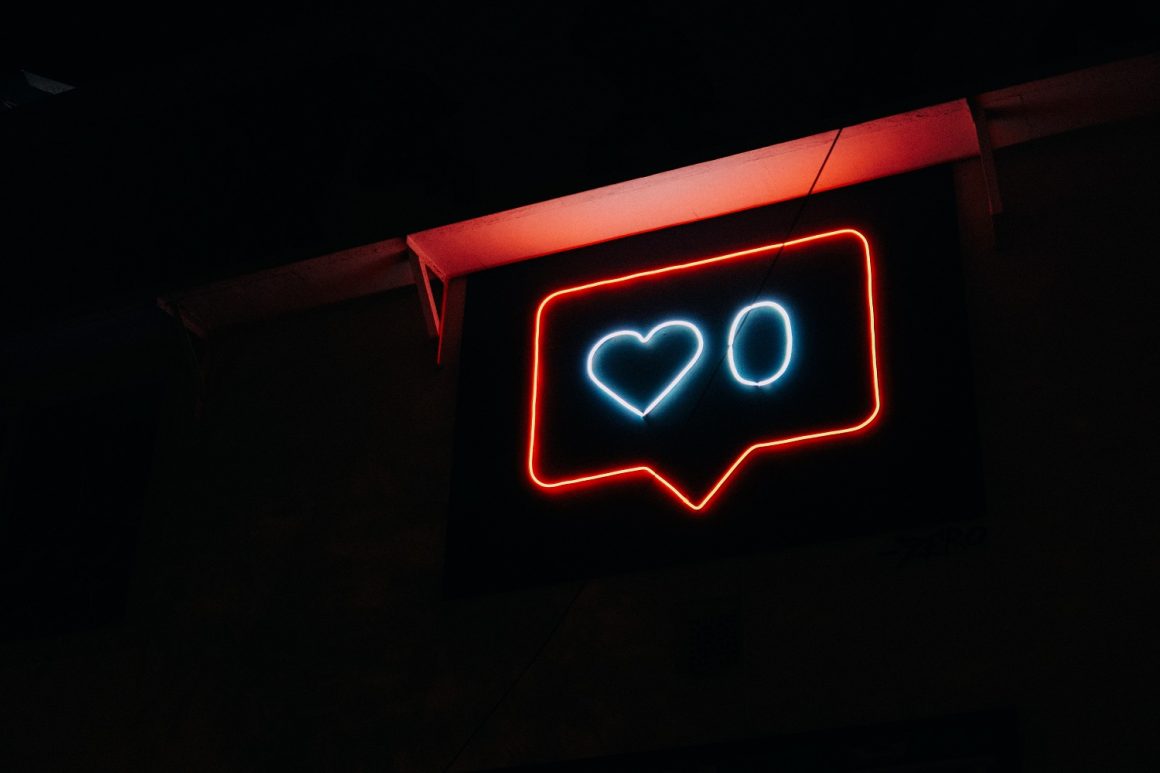This is a nuanced topic, and I am not going to pretend to be an authority on it. However, as a child of the #InternetGeneration, I grew up watching its evolution from the reedy whine of dial-up to ultra-fast fibre, and speak with experience from living in it and with it my entire life.
The internet’s progression has brought with it some interesting phenomena, to say the least. The biggest thing may be that we are all constantly connecting to something, or someone, else. Whether that’s through social media, television, YouTube—it’s all a way of removing ourselves from where we physically stand, transcending Earth’s bounds and connecting to something that doesn’t immediately exist next to us. All this with the aid of a technological diving board.
I personally constantly consume media content, evaluate it, create it, and let it work its formative magic on my neurons, so I’m not standing on some cloud and shouting down to everyone here. In fact, I’m probably one of the worst of us all.
But lately, I’ve been beginning to wonder what impact it is having on me mentally, socially, even emotionally. I can’t sleep, I fear my phone going off, and sometimes I have to actively resist the urge to hurl it into oncoming traffic along with the obligations it symbolises.
So, I present a query: what does constant media exposure do to us as humans – both on an individual level, as well as toward a more philosophical bent? It may be positive, negative, or it may be neither. But I guarantee you one thing: The answer is most definitely not “nothing”.
The Rise of Virality and Views: Boredom as an Exploitable Market
There is an incredibly interesting genre of media that has emerged over the past decade, fuelled by the transient quality of the internet itself. Entire companies thrive on a business model dedicated to “boredom media”, the generation of viral videos and quickly consumable listicles. (I’m sure you’ve read a Buzzfeed article or two or played a ‘Which TV show character are you’ quiz.)
They say that nothing ever really disappears from the internet, but it does disappear from the collective awareness in some odd inversion of object permanence. Unless something is dragged once again into the spotlight, it simply dies.
With this inherent ephemerality has come an acceptance of the fleeting moments of time in which we are able to consume media, especially now that we carry incredibly smart devices around in our pockets.

What do I mean by that? Well, people in media have capitalised these times people spend lines, in the bathroom, or waiting at a bus stop. Where they used to be just print advertising to stare at, now we have our phones. These patches of time were the sign of a niche market waiting to be catered to. It is almost unusual for individuals of the younger generations to enter a bathroom stall without immediately pulling out their phone to scroll.
On the surface, the concept is barely different from taking a newspaper or a book in there with you, but digging deeper reveals some potential insights.
Once again, there is nothing inherently wrong with the concept of consuming content due to boredom. But if one chose to extrapolate the potential effects this would have on people, it could get a little seedy.
Buzz Buzz: The Media Mayfly
New memes, jokes and pieces of media are born and die within an easily definable span every single day. These are the internet mayflies, existing only for a few hours to perpetuate their species, and disappearing once their wings no longer catch air.
Coupling these distracting mayflies with the constant connection to people around us has produced an expectation to be “up-to-date”. This means constant consumption; a never-ending intake of media so that we can communicate with the rest of our generation about things that are there and gone again. We have to know what is new—all the time—or we fall behind.
This doesn’t make us bad people, but it does make me question the life cycle of our attention span. At what point will we give all of it up just for a boost in our mood, a reminder that there can be good things in the world?
We’re not in the Matrix, this isn’t like that. The world has taken a turn for the inevitably kinda-shitty (or maybe it’s always been turning that way?). We all have good days and bad days. But being the generation that has to parse all that alongside wading through an entire humanity’s worth of information at our fingertips is… a little much.
So, we pay attention to the mayflies. We let ourselves get caught up in the distractions. We look at adorable pictures of dogs because it releases serotonin.
Sue us.
Commodifying Interactions: Social Media
Of course, in a piece discussing the influence of media, we can’t hop-skip-and-jump over social media. For the sake of the proceeding argument, let’s start with a definition.
Humans are social creatures, and when presented with an avenue for constant (even passive) communication, we grabbed it with both hands and never let it go. Inevitably, we became aware of our own place in the pseudo digital world through the mechanism of Instagram, Facebook and the like.
Designed as platforms to share content and connect with like-minded individuals, social media is one of the best and simultaneously (arguably) one of the worst things inflicted upon the younger generations.

The concept of “social proof” has never been more pervasive. We post our lives online in order to prove to others that we did something. Oh, you went out for brunch? Your avocado on toast boomerang proves it. Achieved something great? Your mum’s uncle and his sons must know. After all, isn’t that arguably the purpose of social media in the first place?
Social proof isn’t necessarily a problem, though. An issue arises when we choose to only value social interactions for social proof itself. And on top of that, if we choose not to post something that we did with a group of friends, or don’t post that picture from that one event that we attended, suddenly we’ve offended someone. Suddenly, we are shunning something or someone, simply by choosing not to press “Post”. Toxic, right???
We have allowed ourselves to be in full view of the entire world, allowing input from people we might not even know peripherally. We’ve developed our own hyperaware sense of how others view our identities.
Who do we care about? What do we think? Who are we? Now to prove it to everyone else.
Social Proof: The Story of Coming Up Short
I’m going to preface this by saying I speak to my own experience here, because the truth is, I can’t speak for everyone else.
I was born in 1997, so that makes me a baby to some and far too old for some others. Children born around this time have fallen into an interesting category: we were there for dial-up, for Blackberries, for the one shared a home computer and the explosion of the Nokia brick. Now, we live in a world where smartphones are the norm and the internet is a companion rather than a resource. This is all to say that we evolved alongside the internet, and much like animals in nature, co-evolution has an effect on who you are.
I’ve grown up in full view of the online world. I got my first Facebook profile at 11 years old, and since then I’ve been a citizen of the internet. This enabled me to compare myself to the massive contingent of people out there, all living their lives in a way that was good for them, and to be honest I haven’t really stopped. Every day I’m online I see someone with a better body, a better mind, a better outlook on life—and I dedicate actual brainpower to comparing myself to them. Inevitably I come up short.

And you know what? We’re always constantly connected to millions of other people, never really feeling alone even if the only thing with us in the room is a phone. And alongside this constant access to social media comes an illusion—the illusion that the world is really just like we see it online. I believed (and still do to some extent, despite my best efforts) that the lives of influencers really are that perfect. That I’m just not trying hard enough.
So what?
Well, I know for a fact that I’m not the only one experiencing this. I don’t have an answer or a solution.
But if you’re out there reading this, and you sometimes feel that same sense of inadequacy when you try to measure up to the polished lives of people online… Well, just remember: it’s not real.
Our reality is now tied with the online landscape, so we need to put some mechanisms in place to deal with that constant shift in reality. Whatever that looks like for you, whether that’s time away from your phone or a social media cleanse, I encourage you to implement them unapologetically.
At the end of the day, the only thing I really have is my opinion, and some life experience to back it up. Yours might have been entirely different, and for that I congratulate you. But if there’s a large subsection of humanity dealing with this problem, then that means we have to look at it with a critical eye.
What do you think of media and its effect on you?
Interested in more thought-provoking content like this one? Well, you’re already here – subscribe to the Zizacious blog today!











